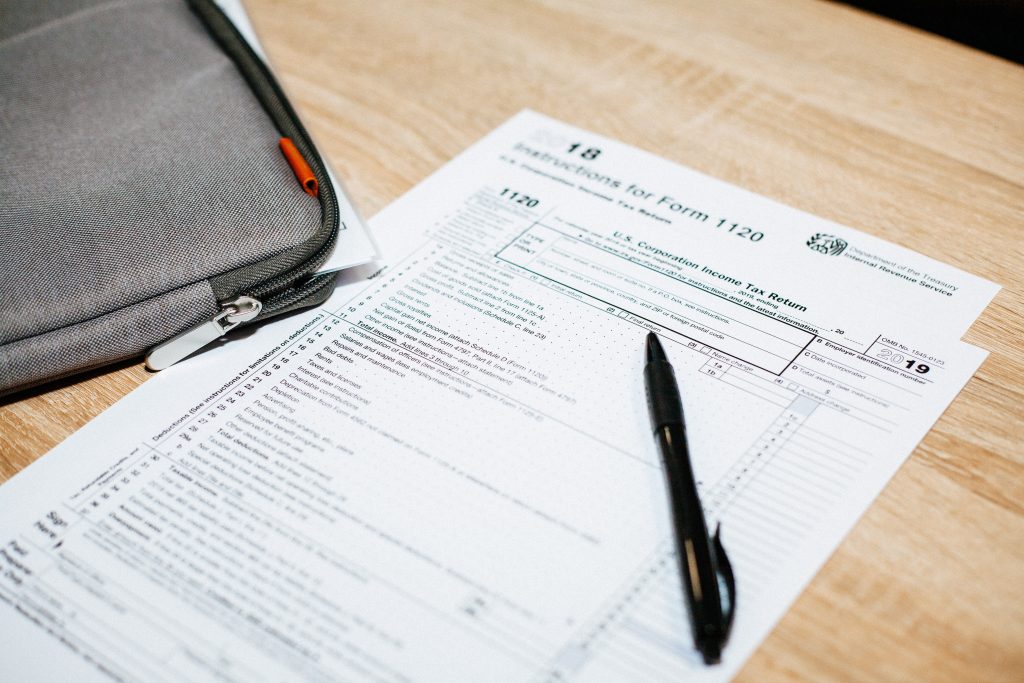What is the US Taxation on Foreign Income?
American citizens living abroad are among the unlucky few who are subject to double taxation. All citizens must pay taxes on their foreign income which includes salary, investments, and property. However, the IRS has taken steps to prevent American expats from paying their unfair share of taxes in two countries.
First, you can exclude a set amount of foreign income each year. American expats can exclude up to $105,900 from their foreign income for 2019. Second, you can credit any foreign income taxes you paid against what you owe to the US. Finally, there are tax treaties which exclude certain types of income from US taxation. If you decide to move abroad, it is your responsibility to learn the taxation laws for your country of residence.
You should also be aware of the relationship between the banking systems as well. The US Congress gained an overwhelming influence over foreign banks through the Foreign Account Tax Compliance Act. Both American citizens and foreign banks where they hold accounts are required to report their foreign income and earnings. The FBAR must be filed separately from your tax return if your foreign accounts exceed $10,000 during the calendar year. Since the IRS has been pursuing tax evaders more aggressively in recent years, it’s important to make sure you are in full compliance with the laws. Mistakes could result in serious fines and penalties.
Do I Qualify for the Foreign Earned Income Exclusion?
The Foreign Earned Income Exclusion (FEIE) is one of the best tax benefits for American expats. This deduction allows you to exclude approximately $100,000 from your taxable US income. The amount fluctuates yearly, but the exclusion amount for 2019 is $105,900. In order to qualify, you must have a residence in a foreign country and be present at least 330 days of the fiscal year.
If you qualify for the FEIE, you will file your tax returns with Form 2555. Professional tax preparers suggest this for expats who live in a country with lower taxation rates, have minimal US-based income, and don’t plan on having children register for a US Social Security Number. The only drawbacks are the limitations on retirement contributions and claiming refundable tax credits. This is ideal for people who reside permanently outside the US, but if you fail to meet any of these requirements you will need to file using another form.
What Forms Do I Need to File?
If you do not meet the requirements for the FEIE, you must find another way to file. You will likely need to file with the Foreign Tax Credit benefit with Form 1116. This is a tax credit which allows you to re-use every dollar you paid in foreign income tax against your US tax liability. This filing method is better if you pay more income tax in your host country, exceed the foreign maximum exclusion, or hold investments with ‘unearned’ income. The form can be difficult to complete. However, it could eliminate your US taxes if you have enough foreign income tax credits.
Another option exists for expats who live in countries that maintain tax treaties with the US. Using Form 8833, the Treaty-Based Return Position Disclosure will inform the IRS of the treaty, article, and exemptions used to file your return. Most treaties outline taxation rights on pension income, Social Security Benefits, and royalties.
Read More
- Check the New IRS Tax Withholding Estimator Now So You Aren’t In Trouble Come April 2020
- Get Ready For Tax Season!
- How to Open a Bank Account in Canada

Jenny Smedra is an avid world traveler, ESL teacher, former archaeologist, and freelance writer. Choosing a life abroad had strengthened her commitment to finding ways to bring people together across language and cultural barriers. While most of her time is dedicated to either working with children, she also enjoys good friends, good food, and new adventures.


